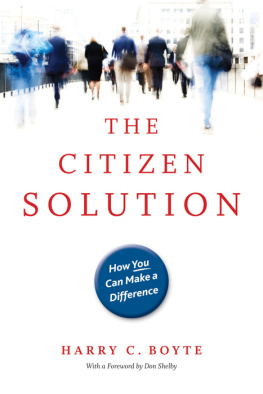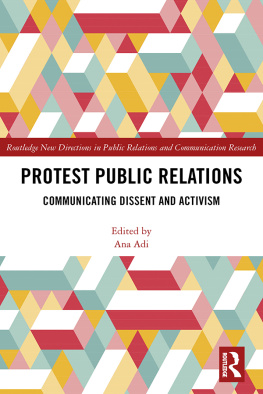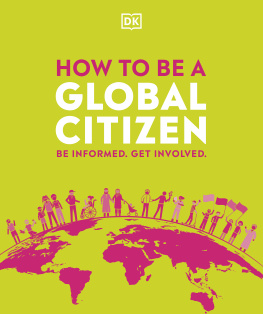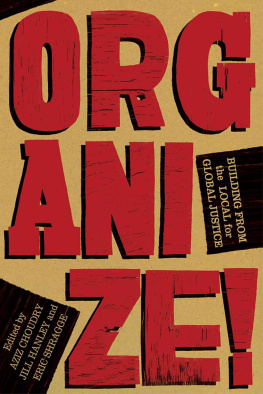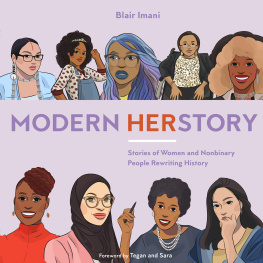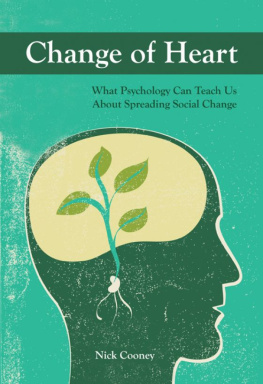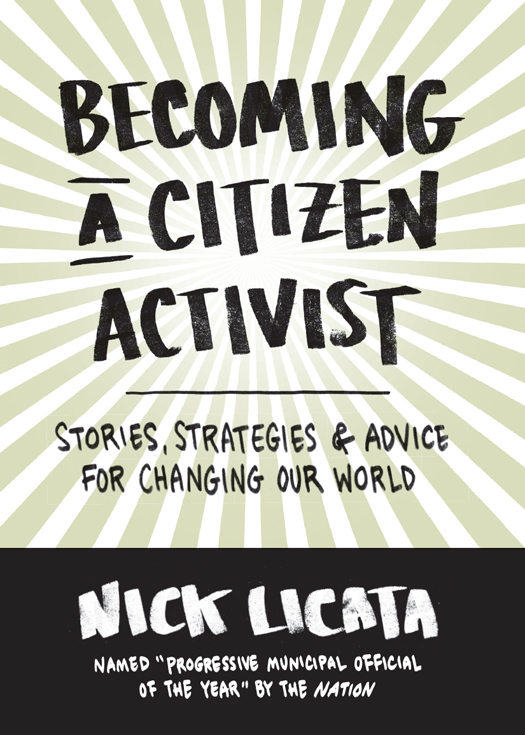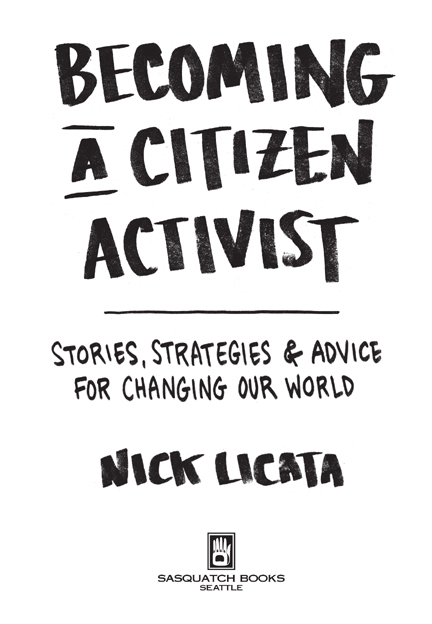Copyright 2016 by Nick Licata
All rights reserved. No portion of this book may be reproduced or utilized in any form, or by any electronic, mechanical, or other means, without the prior written permission of the publisher.
Published by Sasquatch Books
Editor: Gary Luke
Production editor: Em Gale
Design and lettering: Joyce Hwang
Copyeditor: Janice Lee
Photographs: Dan Lamont / author photo
Kritchanut/ Dreamstime/ Starburst 34444560
Library of Congress Cataloging-in-Publication
Data is available.
ISBN: 978-1-63217-044-6
eBook ISBN: 978-1-63217-045-3
Sasquatch Books
1904 Third Avenue, Suite 710
Seattle, WA 98101
(206) 467-4300
www.sasquatchbooks.com
v3.1
PRAISE FOR BECOMING A CITIZEN ACTIVIST
Nick Licata is a rare combination of things: a thinker who knows grassroots activism, an idealist who can pragmatically wield power, and a politician who knows how to change culture. His compact book distills a career of great citizenship into simple lessons and memorable stories. I hope it inspires a new generation to become activists, in and out of office.
ERIC LIU, founder and CEO of Citizen University
Nick Licata knows that democracy isnt a spectator sport and that the voices of real people are needed to build the best nation possible. Through stories of successful campaigns, practical tips, and the sharing of hard-won lessons, this book guides the reader to become part of a democracy that works for everyone. An inspiring, must-read book for anyone who has ever dreamed of a better world.
KRISTIN ROWE-FINKBEINER, executive director of MomsRising
Becoming a Citizen Activist is a timely antidote to our poisoned democracy. At a time when corporations are treated as super-citizens while most individuals think of themselves only as taxpayers, Licata shares inspiring stories about the power of people and valuable advice for taking back our government.
JIM DIERS, author of Neighbor Power
Becoming a Citizen Activist is a wonderful compilation of specific anecdotes of successful social justice struggles led by ordinary people, practical tips for fighting for your cause, and compelling insights into power, politics, and the medley of strategies that make change happen.
PRAMILA JAYAPAL, Washington state senator and founder of OneAmerica
As someone who spent most of my adult life in elected office, it is refreshing to see someone from the inside opening the playbook for those seeking civic change and social justice. Too many times we want the home run, when getting solid hits is the most effective way of enacting change. Sharing Nick Licatas wisdom is not likely to win friends within the halls of government, but I think it will help balance the scale for those working in the trenches.
JIM HUNT, former president of the National League of Cities and founder of Amazing Cities
Becoming a Citizen Activist provides inspiration and nuggets of practical advice for anyone who wants to fight city hall and build a better world.
WENDY WENDLANDT, chair of the board of the Washington Public Interest Research Group
This book is dedicated to those working to sustain a democracy that allows its citizens the freedom to shape their future, free of prejudice and poverty
CONTENTS
CHAPTER 1
You Can Fight City Hall
CHAPTER 2
See the World as It Should Be
CHAPTER 3
Learn to Listen
CHAPTER 4
The Power Is in the Details
CHAPTER 5
Change Is a Marathon
CHAPTER 6
Get the Word Out
CHAPTER 7
People Tools for Organizing
CHAPTER 8
The Servant in Public Servant
CHAPTER 9
Protest
CHAPTER 10
Disrupt the Culture
CHAPTER 11
Take the Power and Use It
ACKNOWLEDGMENTS
I thank the following people for assisting me:
My daughter, Eleanor Licata, for reviewing endless drafts with a gentle but firm editorial touch.
My ever-vigilant crew of Lisa Herbold, Newell Aldrich, and Frank Video for keeping me honest most of the time.
My literary agent, Anne Depue, who provided me encouragement and invaluable guidance.
My editor and publisher, Gary Luke, who believed that I could convince others to change the world.
And my wife, Andrea Okomski, for her much-appreciated steadfast support.
PROLOGUE
Y ou dont have to be a Marvel comic book superhero to change the world. You dont even have to be a saint, a revolutionary, a political leader, or a community organizer. You just have to be aware of your surroundings and of the opportunities to improve your life and those of others.
Certainly if you are driven to improve the world, this book should help you evaluate various strategies and tactics to employ. I reference what Ive learned from my experience and that of others. It will hopefully help you go from wanting change to initiating change. The lessons that follow should help you minimize the risk of failure and maximize success in taking on that effort.
However, the theme here is that every citizen should have the power to meaningfully participate in a democracy. Too often citizens defer to politicians, as if they are the only ones who should exercise power. You dont need to start a movement to challenge the status quo, but you do have the power to question it.
Ultimately, change begins with you. You have to help yourself create your own future. If you dont, someone else will.
CHAPTER 1
YOU CAN FIGHT CITY HALL
The Minimum Wage Story
T he first step to becoming an active citizen is to find out who has power, knock on their door, and say open it up. If the door doesnt open, then you have a choice: you can walk away or have the courage to knock harder until they open the door.
Martina Phelps and Jason Harvey, workers at fast-food franchises in Seattle, found that courage when they walked out on their jobs to protest their low salaries and poor working conditions. The lowest-paid workers, the citizens with the least amount of power, began the struggle that led to a victory that echoed around the nation. On June 2, 2014, the Seattle City Council unanimously (90) passed a law increasing the minimum wage to fifteen dollars an hour in the city, making it the highest minimum wage in the nation at that time. They did so only after citizens like Phelps and Harvey organized and made that demand.
Phelps was twenty-one when she began working at a McDonalds. After eight months of working there, she noticed that her paycheck was not reflecting the hours she worked. It was a classic case of wage theft; the employer was not paying a worker for hours served. She repeatedly complained to her supervisors. They ignored her. She talked to her fellow workers; they too had similar experiences, and their complaints had been ignored. It got so bad that she realized that she had to take it upon herself. I just didnt care what they thought of me. They were not part of my family. No one cared, and I had to do what was necessary to do.


